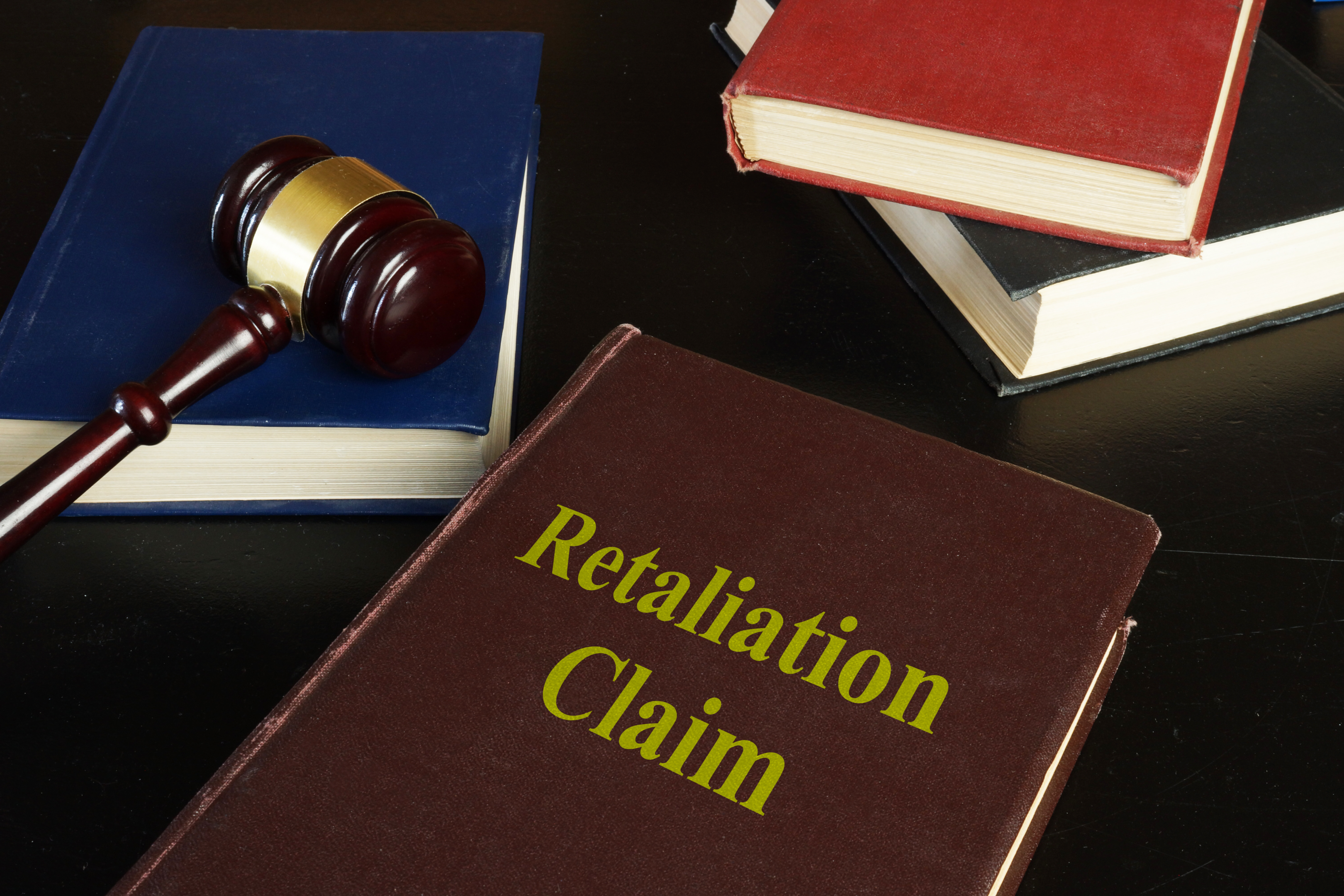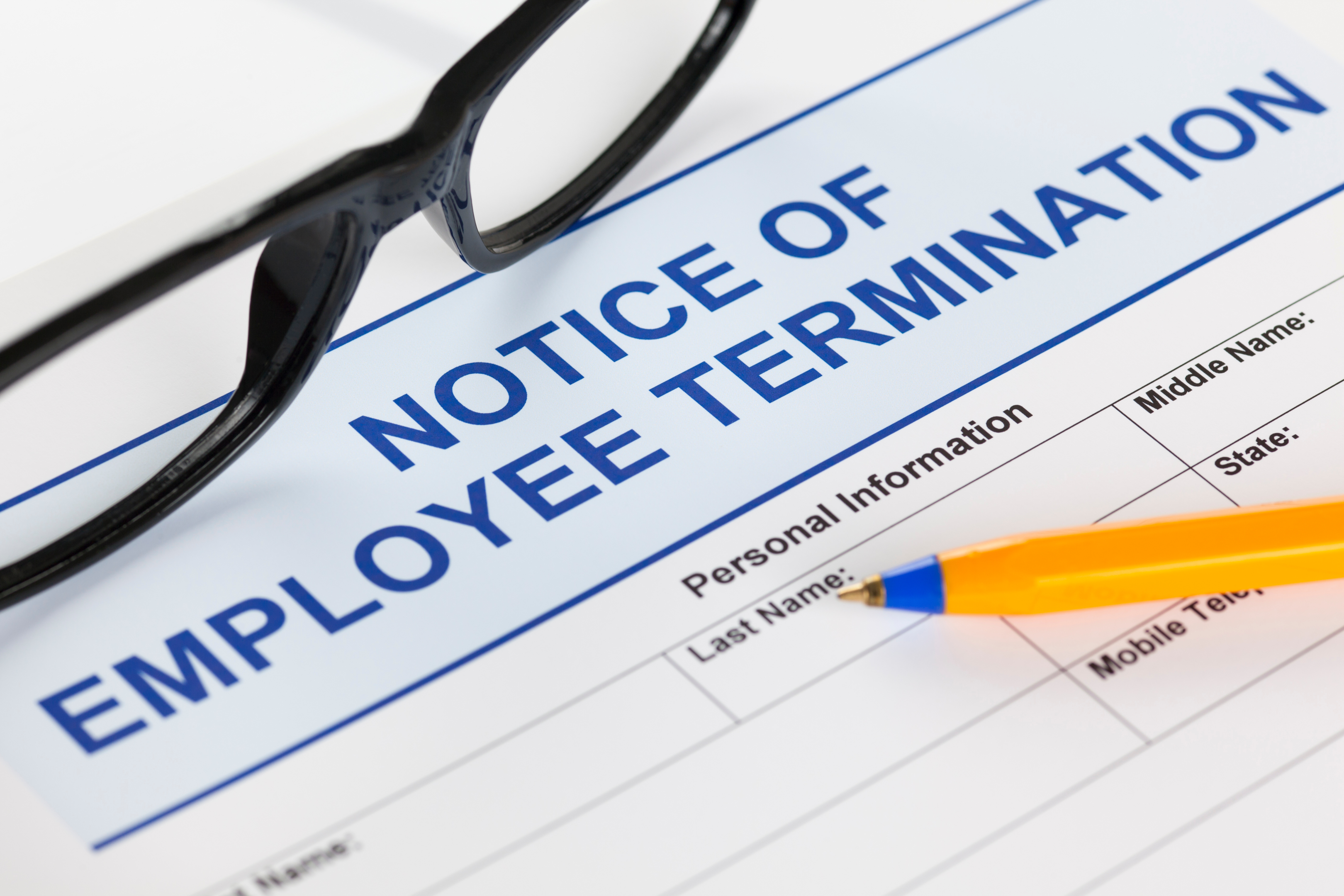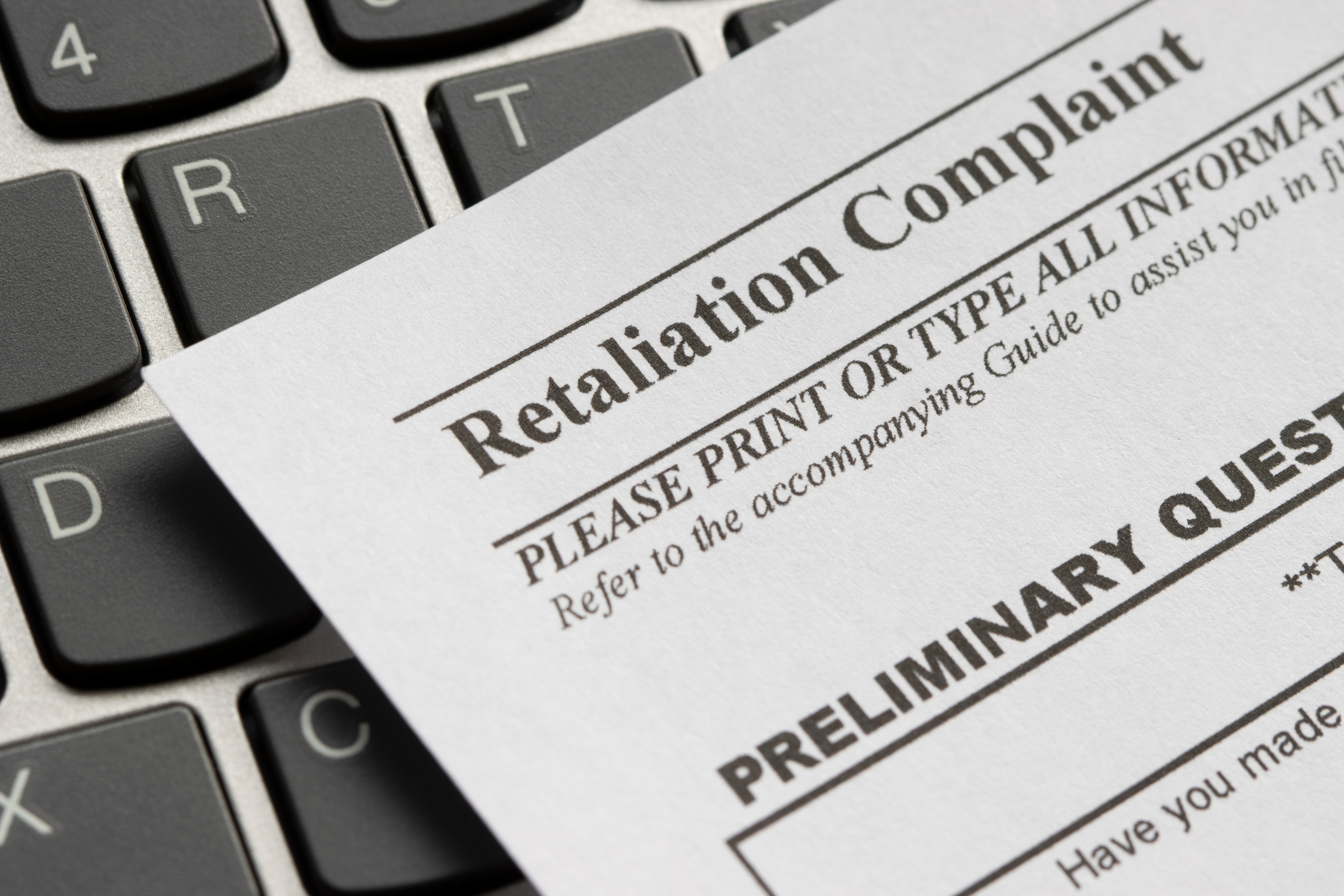In today’s fast-paced business environment, it is not uncommon for employees to face challenges in the workplace. One such challenge is employer retaliation, which can have a significant impact on an employee’s career and well-being. In this blog post, we will explore employer retaliation in-depth, discussing its various forms, the legal framework in New York, and how to identify and prove retaliation in the workplace. If you suspect that you are a victim of employer retaliation, the retaliation lawyers at Levine & Blit are here to help.

What is employer retaliation?
Employer retaliation refers to any adverse action taken by an employer against an employee in response to the employee’s participation in a protected activity. Protected activities can include reporting discrimination, harassment, or other illegal activities in the workplace, or participating in investigations or lawsuits related to such activities. Workplace retaliation is illegal under federal and state laws, including the New York State Human Rights Law and the New York City Human Rights Law.
What does employer retaliation look like?
Employer retaliation can manifest in various ways, making it difficult to identify in some instances. It is crucial for employees to be aware of the different forms of retaliation so they can recognize and address unlawful treatment promptly. Here, we will explore several examples of employer retaliation in greater detail.
Demotion:
A demotion occurs when an employee is moved to a lower position or role within the company, often resulting in reduced responsibilities and authority. Demotions can have a significant impact on an employee’s career trajectory, as they may be perceived as a step backward. In cases of retaliation, demotions may be used as a punitive measure in response to an employee’s participation in a protected activity. This can make the employee feel powerless and discourage them from further engaging in such activities.
Reduction in pay:
A reduction in pay is a straightforward form of retaliation where an employer decreases an employee’s salary or hourly wage. This can result in financial hardship for the employee and their family, making it more challenging to make ends meet. Employers may use pay reductions to punish employees who have engaged in protected activities or to deter other employees from doing the same.
Cuts in hours:
Employers may choose to reduce an employee’s working hours as a form of retaliation. This can lead to a decrease in pay, benefits, and job security, causing significant stress and anxiety for the employee. By cutting hours, employers can create a hostile work environment, making it difficult for the employee to continue performing their job effectively. Additionally, this can send a message to other employees that participating in protected activities can result in similar consequences.
Overlooked promotions:
An overlooked promotion occurs when an employee is denied a deserved promotion or advancement opportunity, often in favor of a less qualified candidate. In cases of workplace retaliation, employers may deliberately pass over employees who have engaged in protected activities, hindering their career growth and sending a message that such actions have negative consequences. The denial of promotions can lead to feelings of frustration, stagnation, and demoralization, making it difficult for employees to remain engaged in their work.
Exclusion from receiving benefits:
Employers may retaliate against employees by denying them access to benefits such as bonuses, stock options, or professional development opportunities. These benefits can have a significant impact on an employee’s overall compensation package and career growth. By excluding employees from receiving benefits, employers can create a hostile work environment and discourage employees from participating in protected activities.
Termination without cause:
One of the most severe forms of workplace retaliation is termination without proper cause. Employers may fire an employee as a direct response to their participation in a protected activity, leaving the employee without a source of income and damaging their professional reputation. Wrongful termination can have long-lasting consequences, making it challenging for employees to secure new employment or advance their careers.
Harassment and hostility:
In some cases, retaliation may take the form of harassment or the creation of a hostile work environment. Employers or supervisors may engage in bullying, ridicule, or intimidation, making it difficult for the employee to perform their job effectively. This type of workplace retaliation can have severe emotional and psychological consequences for the employee, potentially leading to anxiety, depression, and other mental health issues.
Employer retaliation can take many forms, ranging from subtle actions like overlooked promotions to more overt measures such as termination without cause. It is essential for employees to recognize these various forms of retaliation and seek legal assistance if they suspect they are being targeted. Retaliation lawyers can help employees navigate the complexities of the legal system and protect their rights in the workplace.
What is the law on employer retaliation in New York?
New York has a robust legal framework in place to protect employees from employer retaliation. Both state and federal law, including the New York State Human Rights Law (NYSHRL) and the New York City Human Rights Law (NYCHRL), provide employees with protections against retaliatory actions taken by their employers. Understanding these laws and how they apply in New York is crucial for employees who believe they have been subjected to retaliation.
- Federal laws: At the federal level, various laws prohibit employer retaliation, including Title VII of the Civil Rights Act, the Age Discrimination in Employment Act (ADEA), the Americans with Disabilities Act (ADA), and the Fair Labor Standards Act (FLSA). These federal laws protect employees from retaliation for engaging in protected activities, such as reporting workplace discrimination or harassment, participating in investigations, or asserting their rights under these statutes.
- New York State Human Rights Law: The NYSHRL offers additional protections against employer retaliation at the state level. Under the NYSHRL, it is unlawful for an employer to retaliate against an employee for opposing discriminatory practices, filing a complaint, or testifying or assisting in any proceeding under the law. The NYSHRL applies to employers with four or more employees and covers a broad range of protected activities, including reporting workplace discrimination based on race, sex, age, national origin, disability, sexual orientation, and more.
- New York City Human Rights Law: The NYCHRL provides even broader protections against retaliation for employees working in New York City. Unlike the NYSHRL, the NYCHRL covers employers with at least one employee, extending its reach to smaller businesses. It also protects not only employees but also interns, volunteers, and independent contractors. The NYCHRL prohibits retaliation against individuals who have opposed workplace discrimination or participated in any aspect of a human rights complaint, investigation, or proceeding.
- Wage and hour laws: Employees in New York are protected from retaliation for asserting their rights under state wage and hour laws, such as the New York Minimum Wage Act and the New York Wage Theft Prevention Act. These laws prohibit employers from retaliating against employees for complaining about wage and hour violations or participating in investigations or proceedings related to such violations.
The laws on employer retaliation in New York are comprehensive, providing employees with multiple avenues for protection against retaliatory actions. Employees who believe they have experienced retaliation should consult with experienced retaliation lawyers to understand their rights and seek legal remedies under these laws.
How to prove your boss or supervisor is retaliating
Proving employer retaliation can be a complex and challenging process. To successfully establish a retaliation claim, employees must demonstrate a causal connection between their participation in a protected activity and the adverse action taken by their employer. The following steps can help employees build a strong case for retaliation:
- Document the protected activity: The first step in proving retaliation is to establish that you engaged in a protected activity. This can include reporting harassment or discrimination, filing a complaint with a relevant agency, participating in an investigation or lawsuit, or refusing to engage in illegal activities. Keep a record of all relevant documents, such as complaint forms, emails, or witness statements, to demonstrate your involvement in the protected activity.
- Identify the adverse action: Next, you must show that your employer took an adverse action against you. This can include demotions, pay reductions, cuts in hours, termination, or any other action that negatively affects your employment. Document the adverse action, including dates, details of the action, and any relevant communications from your employer.
- Establish a causal connection: The most challenging aspect of proving workplace retaliation is establishing a causal connection between your protected activity and the adverse action taken by your employer. Several factors can help demonstrate this connection:a. Temporal proximity: If the adverse action occurs shortly after your involvement in the protected activity, this can be strong evidence of a causal connection. While there is no specific time frame for establishing temporal proximity, courts often consider actions taken within a few weeks or months as indicative of retaliation.b. Retaliatory motive: If your employer or supervisor has made statements or exhibited behavior suggesting a retaliatory motive, this can help establish the causal connection. Keep a record of any comments or actions that imply your employer’s intent to retaliate, such as threats, derogatory remarks, or increased scrutiny following your protected activity.c. Inconsistent or shifting explanations: If your employer provides inconsistent or changing reasons for the adverse action, this can be evidence of a pretext for retaliation. For example, if your employer initially cites poor performance as the reason for your termination but later claims it was due to downsizing, this inconsistency can help support your retaliation claim.d. Differential treatment: If you can demonstrate that you were treated differently from other employees who did not engage in protected activities, this may be evidence of retaliation. For instance, if you were the only employee who was denied a promotion or faced disciplinary action, while others with similar qualifications or performance records were not, this could support your claim.
- Consult with an attorney: Proving employer retaliation can be a complex and nuanced process, requiring a deep understanding of employment laws and legal procedures. It is crucial to consult with experienced retaliation lawyers who can evaluate your case, gather evidence, and advocate on your behalf. A skilled attorney can help you navigate the legal system, negotiate with your employer, and, if necessary, represent you in court proceedings.
Proving employer retaliation involves demonstrating a clear connection between your participation in a protected activity and the adverse action taken by your employer. By thoroughly documenting your involvement in the protected activity, the adverse action, and any evidence of a causal connection, you can build a strong case for retaliation. Working with experienced retaliation lawyers can further strengthen your case and ensure your rights are protected throughout the process.
Are you concerned about effectively documenting your involvement in the protected activity and gathering evidence to build a strong case? Do you want to ensure that your rights are protected throughout the process and receive the support of experienced retaliation lawyers? If you answered yes to any of these questions, Levine & Blit is here to help. Our dedicated team of skilled attorneys specializes in handling retaliation cases and can provide the expertise and guidance you need to navigate legal complexities.
Schedule a consultation today and take the first step towards seeking justice and securing your rights.
When is it not considered employer retaliation?
While employer retaliation laws provide essential protections for employees, it is important to note that not every adverse action taken by an employer is considered retaliation. In order for an action to be deemed retaliatory, there must be a direct link between the employee’s participation in a protected activity and the employer’s adverse action. There are circumstances where adverse actions may be taken for legitimate, non-retaliatory reasons, such as:
Performance issues:
If an employee’s job performance is unsatisfactory or fails to meet performance expectations, an employer may take adverse actions, such as demotions, pay reductions, or even termination. In such cases, the employer’s decision is based on valid business reasons and not in response to the employee’s protected activity.
Restructuring or downsizing:
In situations where a company is undergoing organizational changes, such as restructuring or downsizing, employees may experience adverse actions unrelated to their participation in protected activities. These actions may be based on the company’s business needs and not a form of retaliation.
Policy violations:
If an employee has violated company policies or engaged in misconduct, the employer may take adverse actions, including disciplinary measures or termination. These actions, when based on genuine policy violations or misconduct, are not considered employer retaliation.
To determine whether an adverse action is retaliatory or based on legitimate business reasons, it is crucial to examine the context and circumstances surrounding the action. Employees who suspect retaliation should consult with an employment attorney to assess their situation and protect their rights.
Ready to take the first step toward resolving your case? Schedule a Free Case Evaluation with Levine & Blit, New York’s premier labor lawyers. Dial 646-461-6838 today to discuss your situation with our expert attorneys and receive personalized guidance. Don’t hesitate to reach out – we’re here to listen, evaluate your case, and provide the legal support you need.
What happens during an employer retaliation case? Do they ever go to trial?
Employer retaliation cases typically begin with an employee filing a formal complaint with the EEOC or an equivalent state agency, such as the New York State Division of Human Rights. The agency will investigate the claim and, if it finds sufficient evidence to support the allegations, may attempt to resolve the matter through mediation or conciliation.
If the case cannot be resolved through these means, the employee may choose to file a lawsuit in court. The majority of employer retaliation cases are resolved through settlements or alternative dispute resolution methods, such as mediation or arbitration. However, some cases do proceed to trial, where a judge or jury will determine the outcome.
During the litigation process, both sides will engage in discovery, which involves the exchange of evidence and information relevant to the case. The employee’s attorney will work to gather evidence supporting the claim of retaliation, while the employer’s attorney will attempt to show that the adverse action was based on legitimate business reasons.
Contact Levine & Blit For Assistance!
If you believe you have been a victim of employer retaliation, it is essential to consult with an experienced retaliation lawyer who can help you navigate the complexities of the legal system and protect your rights. At Levine & Blit, our New York attorneys are dedicated to fighting for the underdogs going up against big companies or wealthier individuals. We understand the challenges you face and are committed to providing aggressive representation to help you achieve the best possible outcome.
Contact Levine & Blit today to schedule a consultation with one of our skilled New York retaliation lawyers. We will listen to your concerns, evaluate your case, and develop a strategic plan to help you obtain the justice you deserve. To view more Blog Posts like this, visit our Blog Page!



